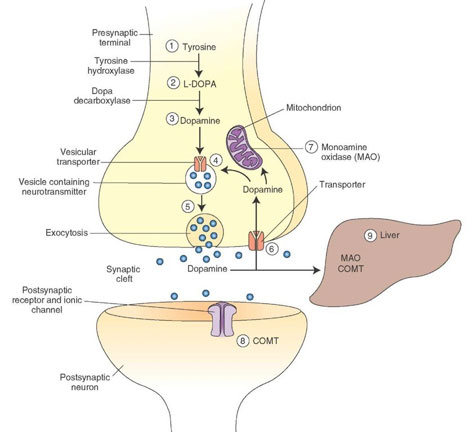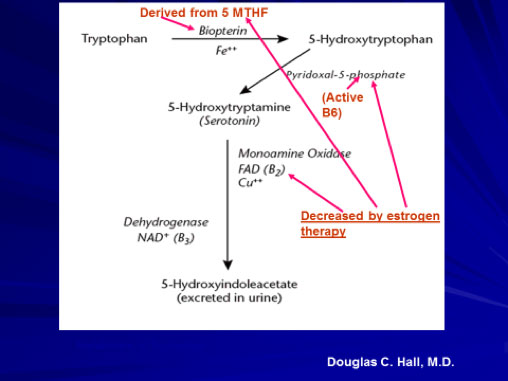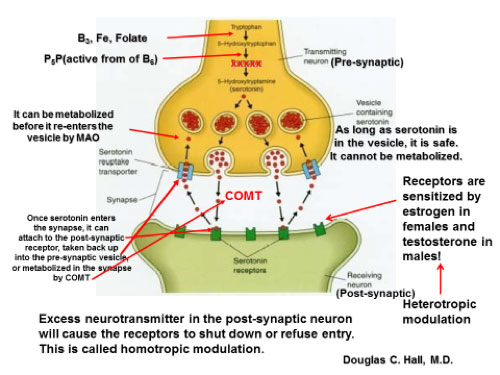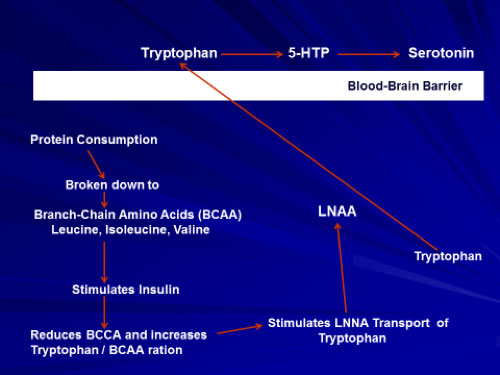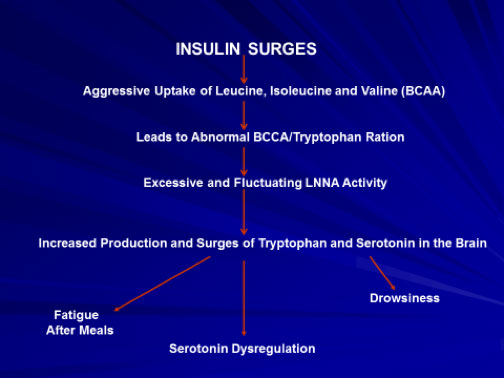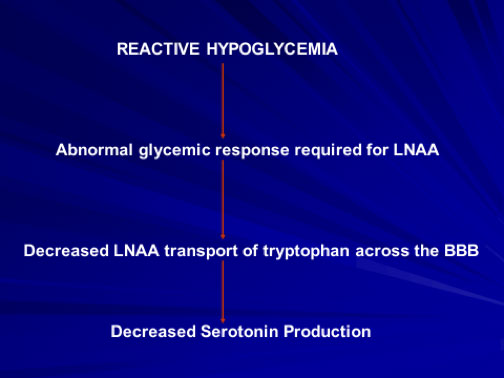All About the Brain
The brain requires three things to obtain optimal brain function: glucose, oxygen and stimulation.
Energy metabolism of neurons and glial cells (glucose to the brain)
The human brain is a highly metabolically active tissue that depends on a constant supply of glucose to meet its energy needs. In fact, the brain accounts for approximately 25% of total body glucose utilization at rest, despite representing only 2% of adult body weight. Blood glucose levels must be maintained at all times to avoid hypoglycemia and to supply the brain with its preferential fuel. During the initial stages of fasting, blood glucose levels are maintained through the breakdown of liver glycogen and then through the process of gluconeogenesis — the production of glucose from non-carbohydrate precursors, such as amino acids. The B vitamin biotin is a required key enzyme in the gluconeogenic pathway. While glucose is the obligatory fuel, ketone bodies can also be used by the brain when glucose supply is inadequate, such as during prolonged fasting or starvation.
For glucose to produce energy for the brain to function at optimal levels, it must undergo oxidation.
Glucose oxidation in the brain requires certain micronutrients as cofactors. For instance, forms of several B vitamins, including thiamin, riboflavin, niacin, and pantothenic acid, as well as the compound lipoic acid, are used in reactions that completely metabolize glucose to carbon dioxide and water. Additionally, the nutritionally essential minerals magnesium, iron, and manganese are required for the complete metabolism of glucose; these micronutrients are used as cofactors, substrates, or components of enzymes in glycolysis and the citric acid cycle. Moreover, generation of cellular energy in the form of ATP by the electron transport chain requires the vitamins, riboflavin, and niacin; iron contained in iron-sulfur clusters; and the endogenously synthesized compound, coenzyme Q10 .


